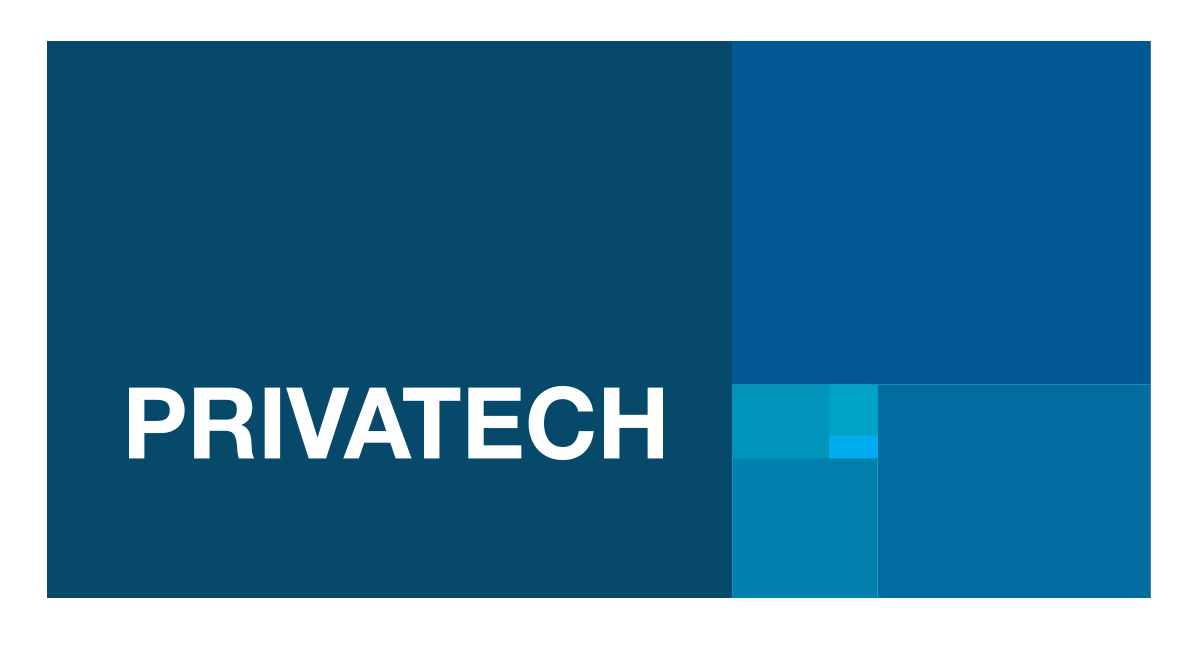
PRIVACY LAWS
Data protection laws in the United States and Canada are, for the most part, based on the widely accepted OECD Privacy Principles. However, these privacy legal frameworks differ in many ways, and also vary from those in other parts of the world, creating a complex web of legislation. Since most modern privacy laws have an extraterritorial impact, organizations with a presence in multiple jurisdictions, such as those conducting business on-line, need to design policies and practices that do not violate any one privacy law that applies to their business.
From the General Data Protection Regulation (GDPR) in Europe, Brazil’s General Law for the Protection of Personal Data (LGPD) to China’s Personal Information Protection Law (PIPL) to other comprehensive data privacy laws, PRIVATECH is well positioned to help you understand data privacy legal frameworks around the world.
UNITED STATES
In then U.S. there are state specific and sector specific laws that address privacy. In addition, many industries have a self-regulatory model. As privacy laws continue to evolve, organizations in the United States are finding it difficult to keep up. Contact PRIVATECH to discuss your privacy compliance obligations.
CANADA
In Canada, the federal private sector privacy legislation, the Personal Information Protection and Electronic Documents Act (PIPEDA), came into force on January 1, 2001.
For the public sector at the federal level, the Privacy Act governs the handling of personal information by government bodies. Provincial private, public and health sector laws exist in some provinces. Quebec's Law 25 is the strictest privacy law in Canada, mirroring Europe's GDPR.



